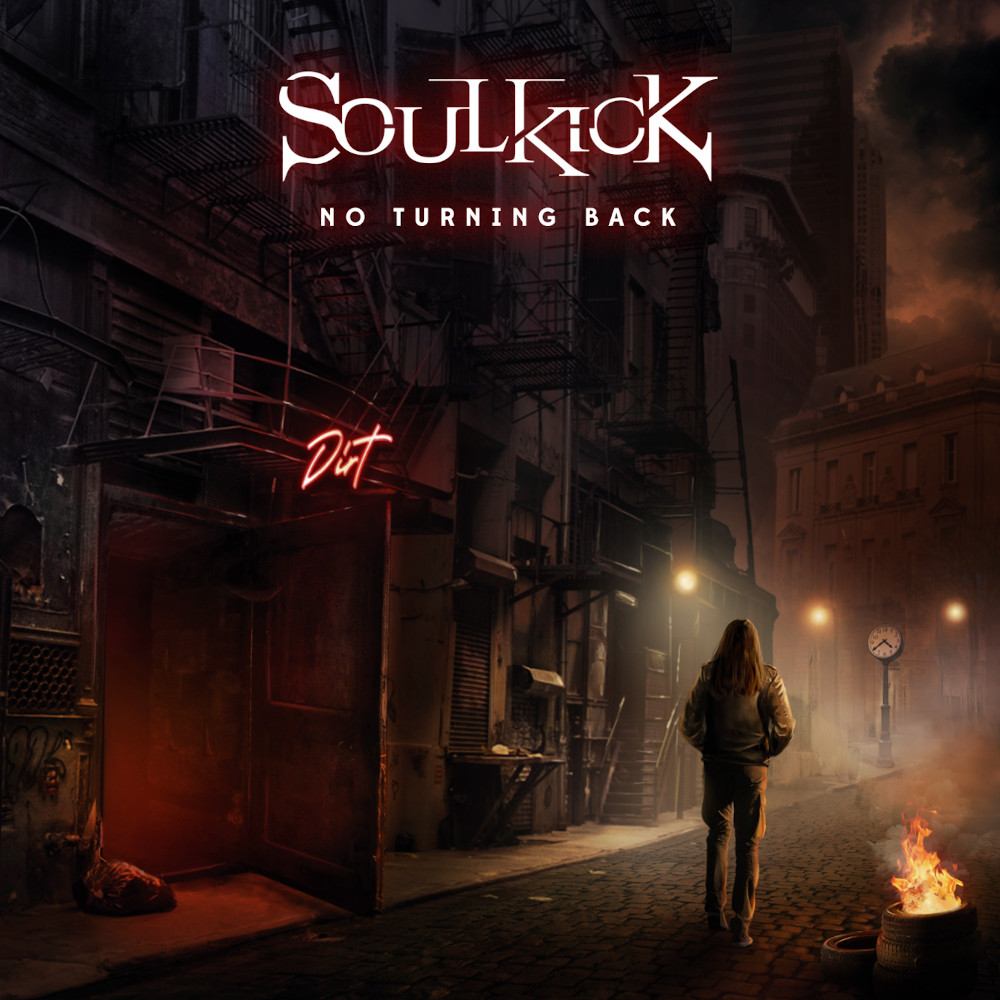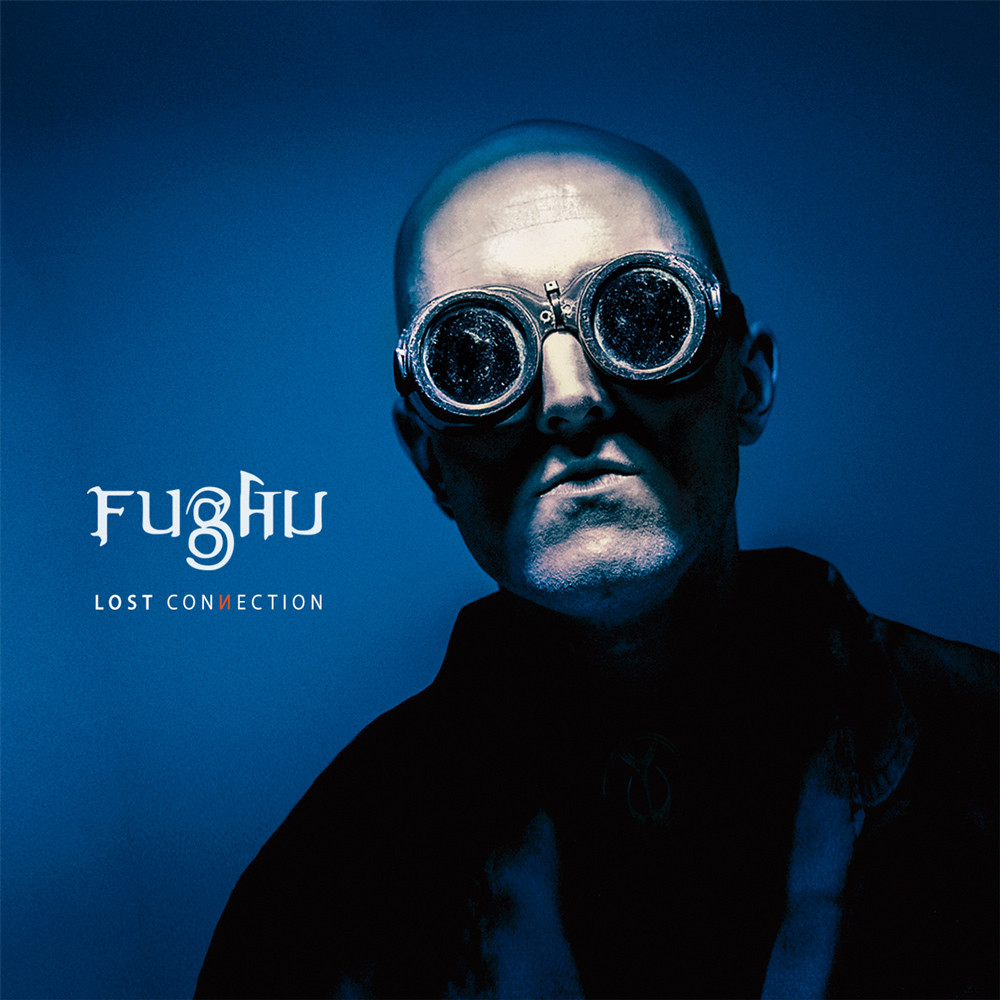 |
Country: Argentina
Style: Heavy Metal
Rating: 7/10
Release Date: 9 Sep 2024
Sites: Facebook | Instagram | Metal Archives | Official Website | YouTube
This is the fourth album from Mathras, but they have a new vocalist since my review of their third, Sociedades secretas, back in 2019, so they sound a little different. He's Charly Coria and he's even more traditional than his predecessor, Ariel Varas, given the old school high screams he hurls out on a few songs here. Otherwise, it's relatively true to the style of its predecessor, with a few notes needed to explain the exceptions.
One of those is because the opening title track simply barrels along in a furious but controlled way that reminds, at full tilt, of Metallica's Fuel. It does calm down a little for verses but then shifts up to full gear in between. Coria can hit some notes and seems like a good fit already, but I was more focused on the tone and tempo, both courtesy of bassist Fernando Barreiro and drummer Sergio Marti. There's a palpable Metal Church feel here, a richness to the tone that screams melody and power combined. That rolls into La casa del dolor too, even though that doesn't approach similar speeds, and onward. It's a good feel.
There are ten tracks on offer this time for three quarters of an hour of running time and none of them approaches the title track for speed, even though Nuestra gran ciudad is fast and perky and the closer, Bajo las cenizas de un imperio opens like a playful thrash song, Barreiro's bass leading the way. Neither quite find the same high gear because this is always heavy metal not thrash, even at its fastest. At the other end of the spectrum, it plays with doom, often on the same tracks, such as the intro to Nuestra gran ciudad, but also at points on La casa del dolor and especially Lo que el tiempo dejo.
And so most of this sits in between those two extremes. As with their prior album, it often reminds of the traditional metal of the eighties, whether British or American, albeit with that beefier back end and obviously modern production. There's NWOBHM all over this like a rash, especially in the vocals and the guitarwork of Gustavo Ruben, who's reliable delivering simple riffs like the opening of Buenos tiempos or showing off on songs like Almas en la oscuridad and Nuestra gran ciudad. He gets a showcase piece here too in La creación (MLR), which sounds like another elegant intro until we realise it's an instrumental. He channels some Joe Satriani here.
It's telling that, even when he's being flash, he never touches on Eddie Van Halen, who was such a pivotal influence on the genre in the eighties. I'm presuming that's because Mathras don't have much interest in mainstream American metal of that era, focusing instead on traditional British metal like Black Sabbath and where NWOBHM took that, in the form of Raven or Diamond Head, along with more traditional American metal bands of the era, like Cirith Ungol or Manilla Road, and early doom pioneers like Pentagram. There's no partying going on, even on perkier songs. It proudly wears the genre's working class roots instead.
When they touch on mainstream metal, it's people like Ozzy Osbourne, like the beginning of the intro to Lo que el tiempo dejo. It's vocalisation over keyboards in the style of early solo Ozzy, then Ruben introduces some elegant guitar and everything grows into proto-doom, without ever quite leaving Ozzy—and no, I'm not just honing on the laughter halfway. This is the longest song here at a nudge past seven minutes, because nothing else makes it to five. That gives it the opportunity to play slower and heavier and that's a good sound for them. Less doomy songs simply feel the need to be done sooner, usually in four minute in change.
This isn't an album to knock your socks off, but it's a solid slab of traditional heavy metal. I like it a lot and, while the thrash fan in me is always going to gravitate to the barrelling along of El poder de la mentira, the doom fan in me appreciates the slower stuff too. It's hard to pick out favourite tracks, though I'd have to include the title track in that number, because it's easier to call out the moments that work best. The songs are consistent, without any of them letting the side down.
I like the NWOBHM touches on Liberacion and Almas en la oscuridad, along with the vocal reach on the former. There's a tasty riff on Buenos tiempos and a tasty solo that's all the better for Ruben not making it remotely flash. The perkiness of Nuestra gran ciudad works particularly well, even after a doomy intro and before fancy soloing. It has a neat ending too, just as Bajo las cenizas de un imperio has a neat beginning. There are a lot of moments here, which means that the entire album works very well as an easily repeated forty-five minute slab of music rather than a handful of standouts that would make a Greatest Hits album and a bunch of filler. That's old school too.



















